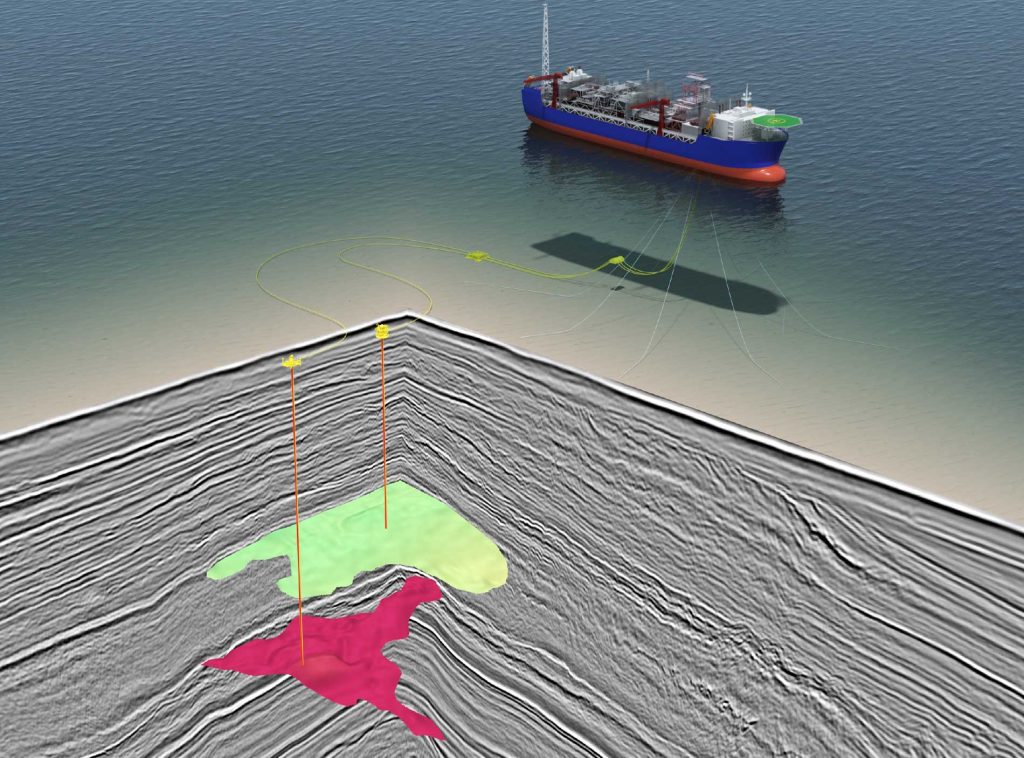
Milestone Zero provides project development within decarbonized energy, with carbon capture and storage (CCS) as an integrated part of solutions. Based on the preferences of licensees and the needs of end customers within clean energy and CO₂ management, we initiate project opportunities and define, develop, and optimize the entire value chain – from market to gas and carbon storage reservoirs. In close collaboration with our strategic partner TGS, as well as other selected partners in the value chain, we offer integrated decision support across all project phases, enabling our customers to realize safe, cost-effective, and sustainable solutions.
The shift to clean energy and CCS is a global matter. Our approach enables efficient use of stranded and associated gas in combination with CCS, while supporting global decarbonization efforts. Projects are scaled according to reservoir particulars, and aligned with local and regional demands.
Expanding such solutions across regions accelerates the transition to low-carbon energy and enhance energy security around the globe.

Together with TGS and other key players, we offer integrated decision support in all phases of offshore decarbonized energy and CCS projects.
Our expertise includes e.g. early-stage project planning & feasibility studies, mapping and de-risking of gas and CCS reservoirs, concept development & evaluation for hydrogen & ammonia production and carbon capture, utilization and storage (CCUS) strategies.